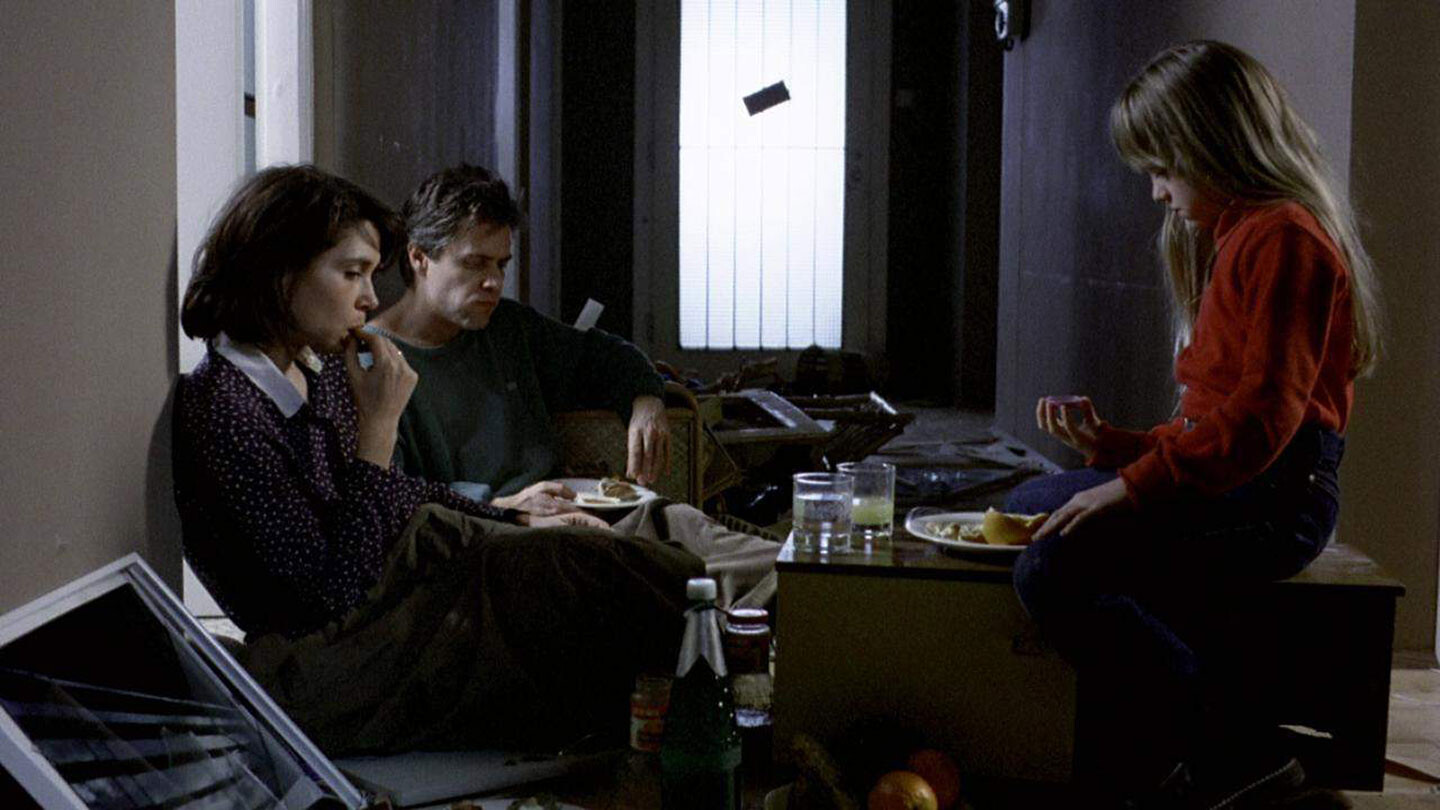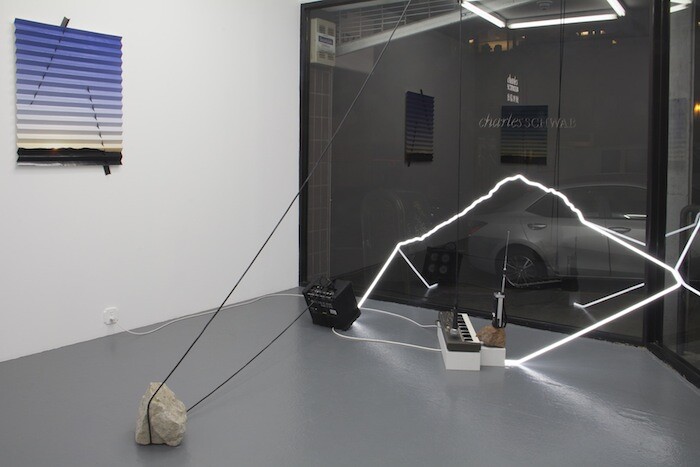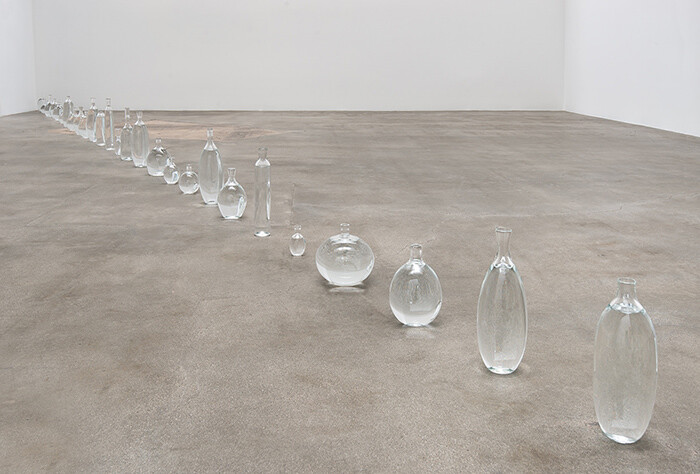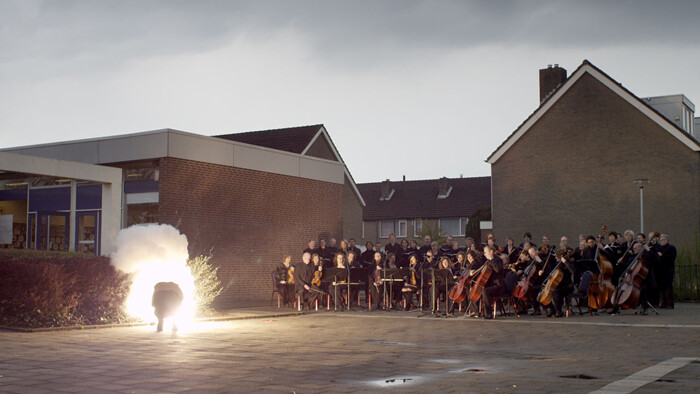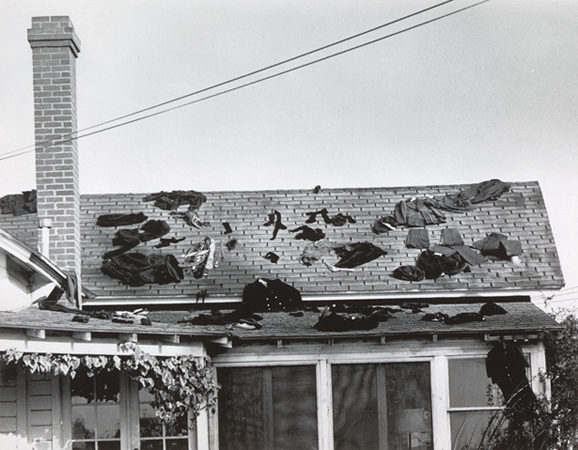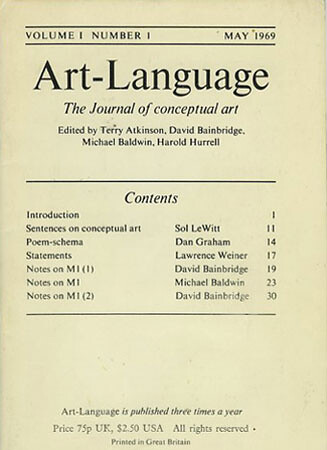True, artists too less and less resemble industrial workers, and more and more resemble managers. But they are still heroic, highly individualized managers nonetheless—that is, the successful ones (the lesser figures are now relegated largely to the artistic equivalent of care work). And it’s telling that, whatever else may change, and however much the Romantic conception of the artist now seems to us trite, silly, and long-since-abandoned; however much discussion for that matter there is about artistic collectives; at a show like the Venice Biennale, or a museum of contemporary art, almost everything is still treated as if it springs from the brain of a specific named individual.
We would like to offer some initial thoughts on exactly how the art world can operate simultaneously as a dream of liberation, and a structure of exclusion; how its guiding principle is both that everyone should really be an artist, and that this is absolutely and irrevocably not the case. The art world is still founded on Romantic principles; these have never gone away; but the Romantic legacy contains two notions, one, a kind of democratic notion of genius as an essential aspect of any human being, even if it can only be realized in some collective way, and another, that those things that really matter are always the product of some individual heroic genius. The art world, essentially, dangles the ghost of one so as to ultimately, aggressively, insist on the other.
Infused with an adverbial ideal of acting, feeling, and thinking modeled on the experience of an electric shock, the modern individual who struggles to escape gentrification is indeed no longer moved by what remains the same. They have lost their interest in fixed identities; what does not vary receives scant notice: an indefinitely repeated act, typical of the standardized world of work, seems intolerable to them. The very idea of eternity makes them yawn; marble leaves them cold. Everything that denies life and the musical variations that compose it breeds impatience: perfection and the absolute appear to them like an ontological flaw, an inability to become something else, the result of a serious intensity deficiency. The supreme objects of religious contemplation and wisdom strike them as extraordinarily flimsy. They love music for the changes, with repetition a taste of hell to come. Like Kierkegaard’s hero, they demand the possible or else they suffocate, and not only then; as soon as they are forced to recognize what they know, they gasp for air. What stays the same makes no difference to them. They need either less or more. They would rather change their mind even if the outcome is uncertain than stick to established certainties. Endlessly curious, they are ready to taste pain just as much as pleasure, as long as there is some change and movement, and the sound of being alive—melodious or dissonant—can be heard.
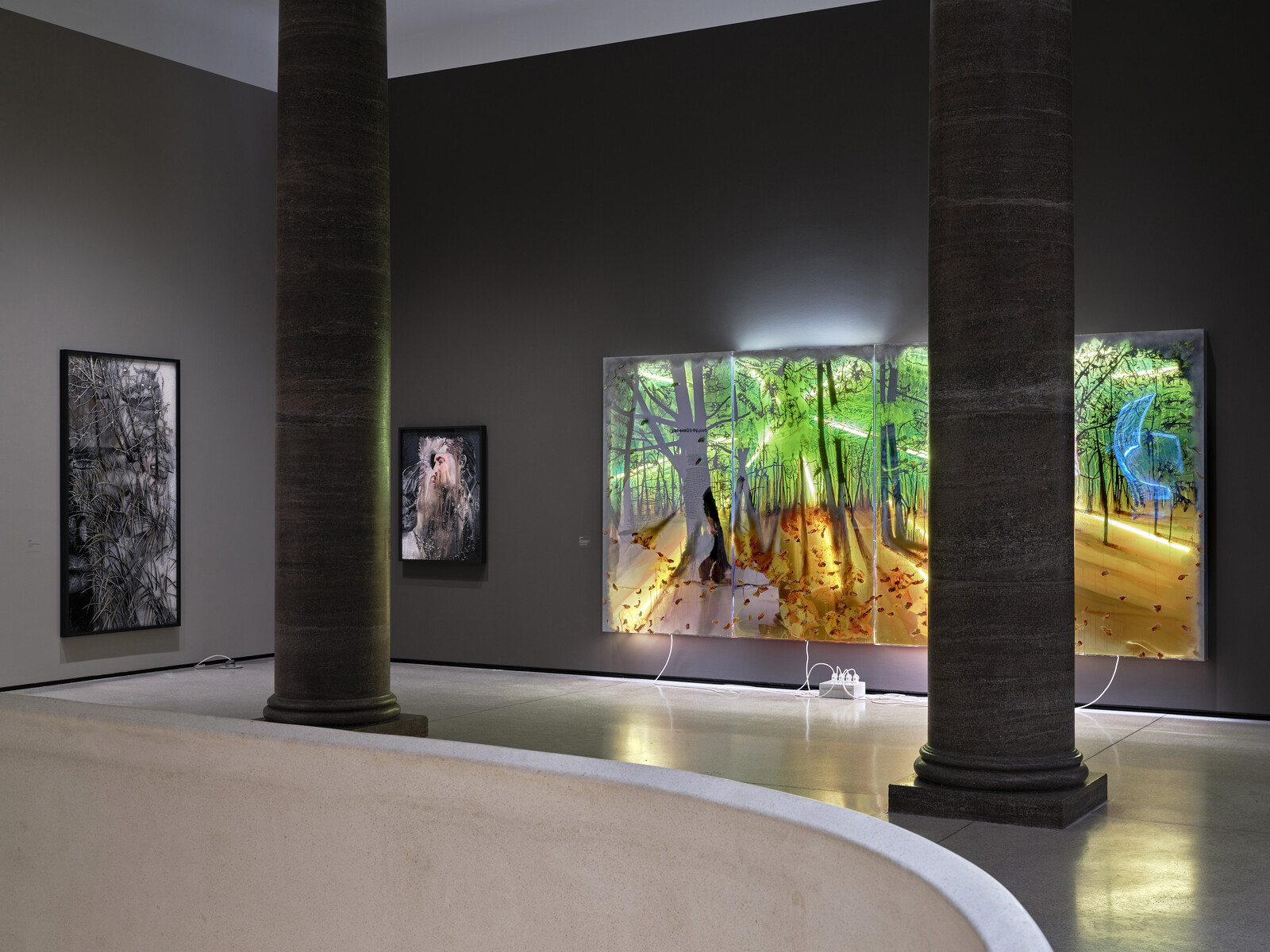



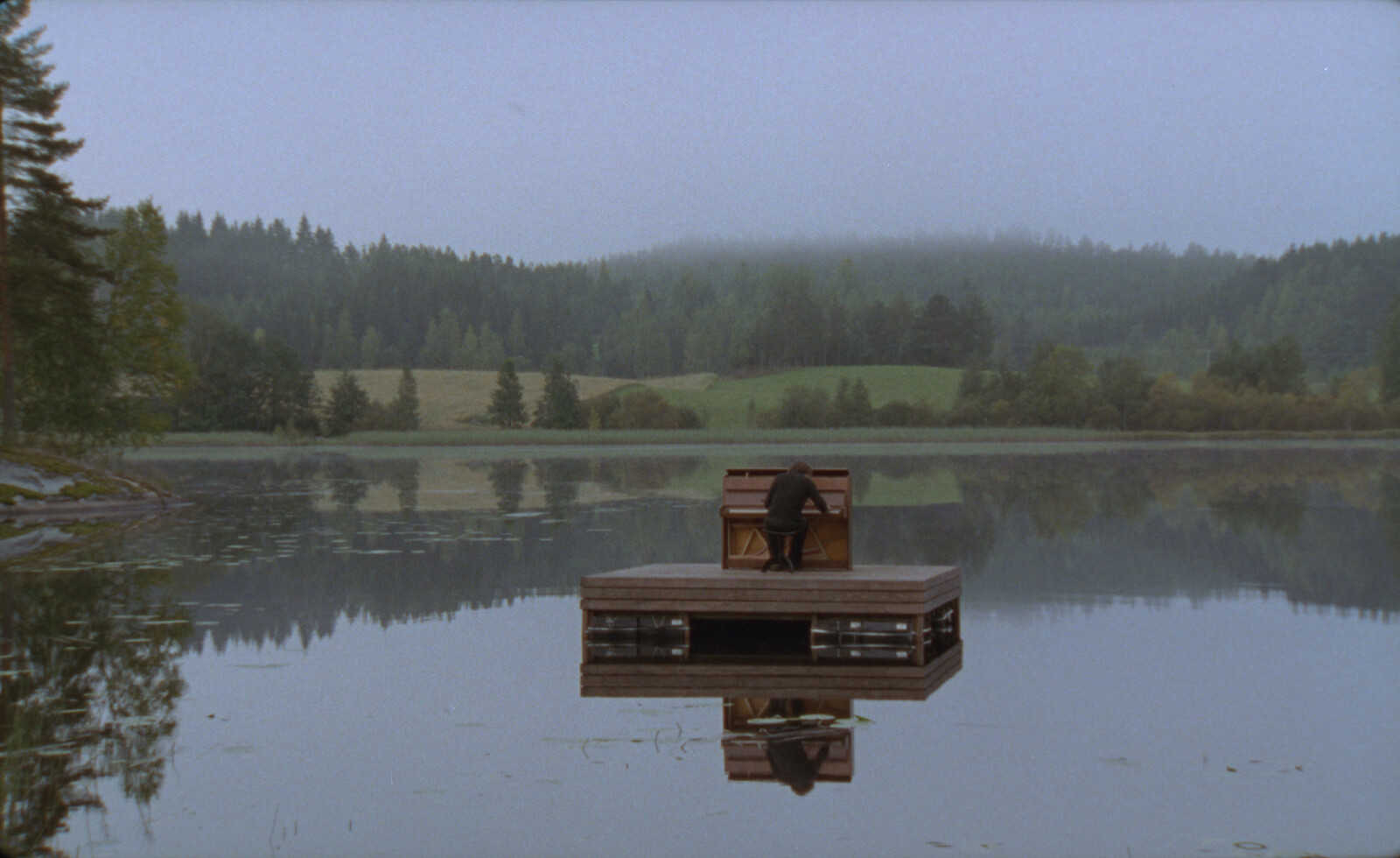
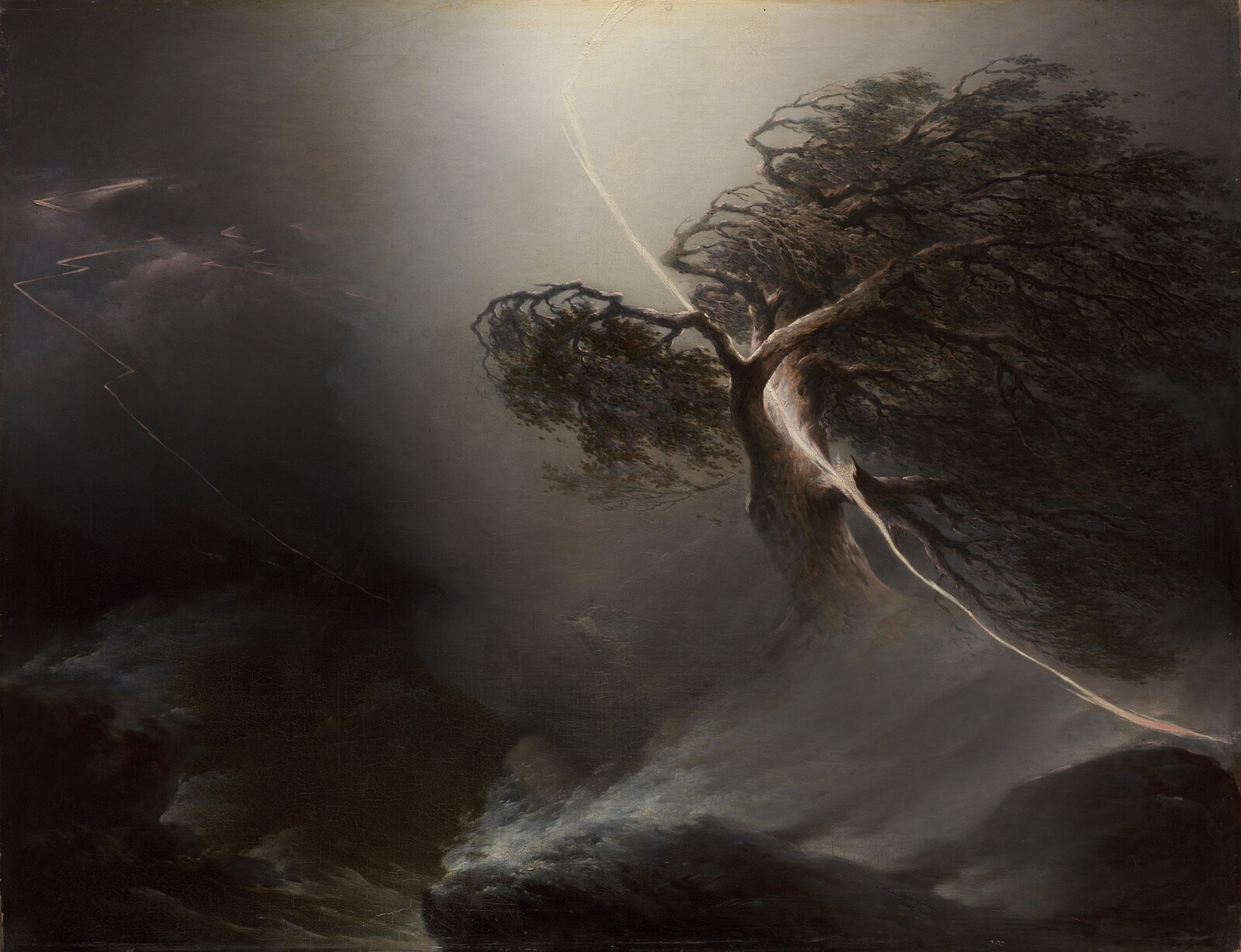

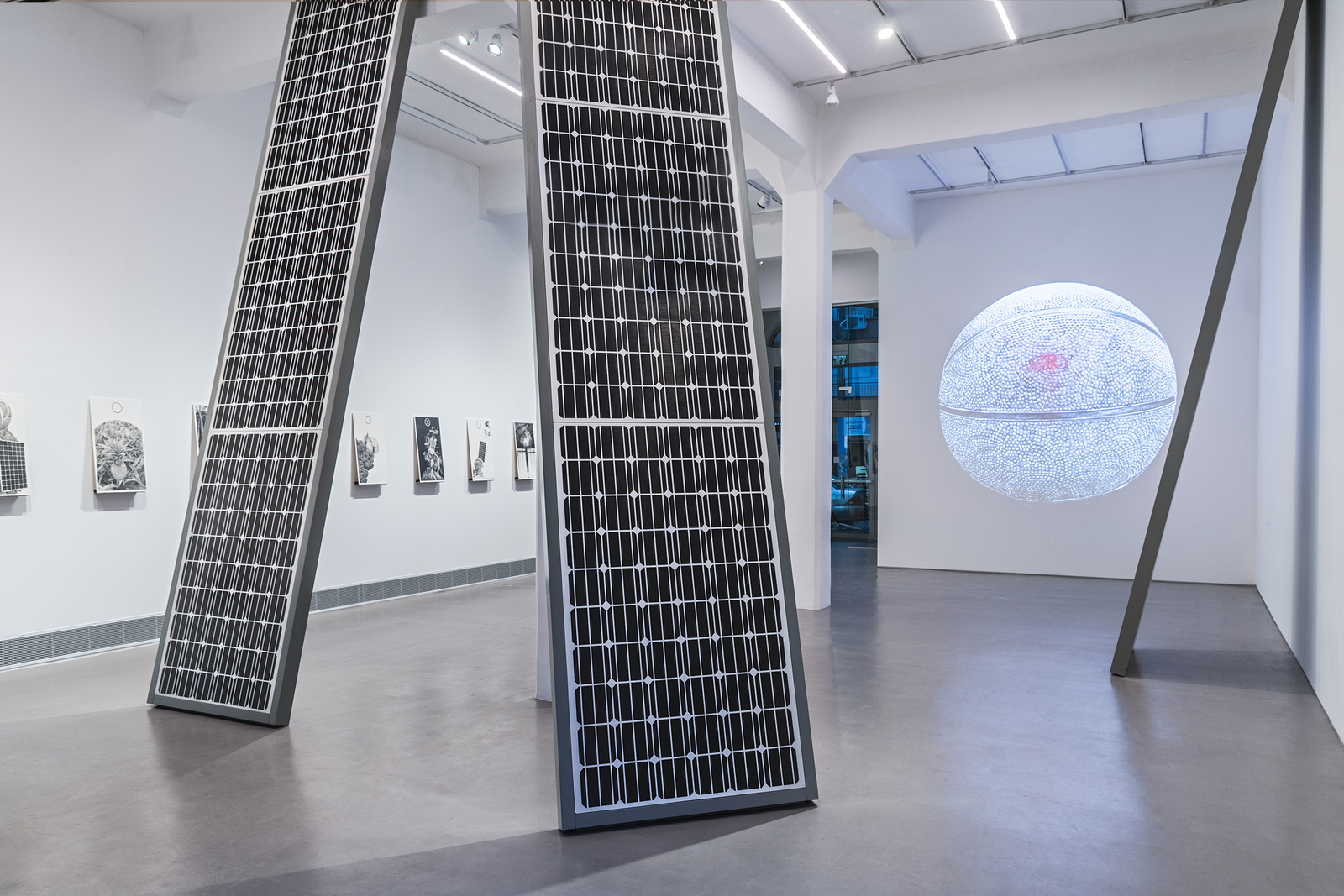
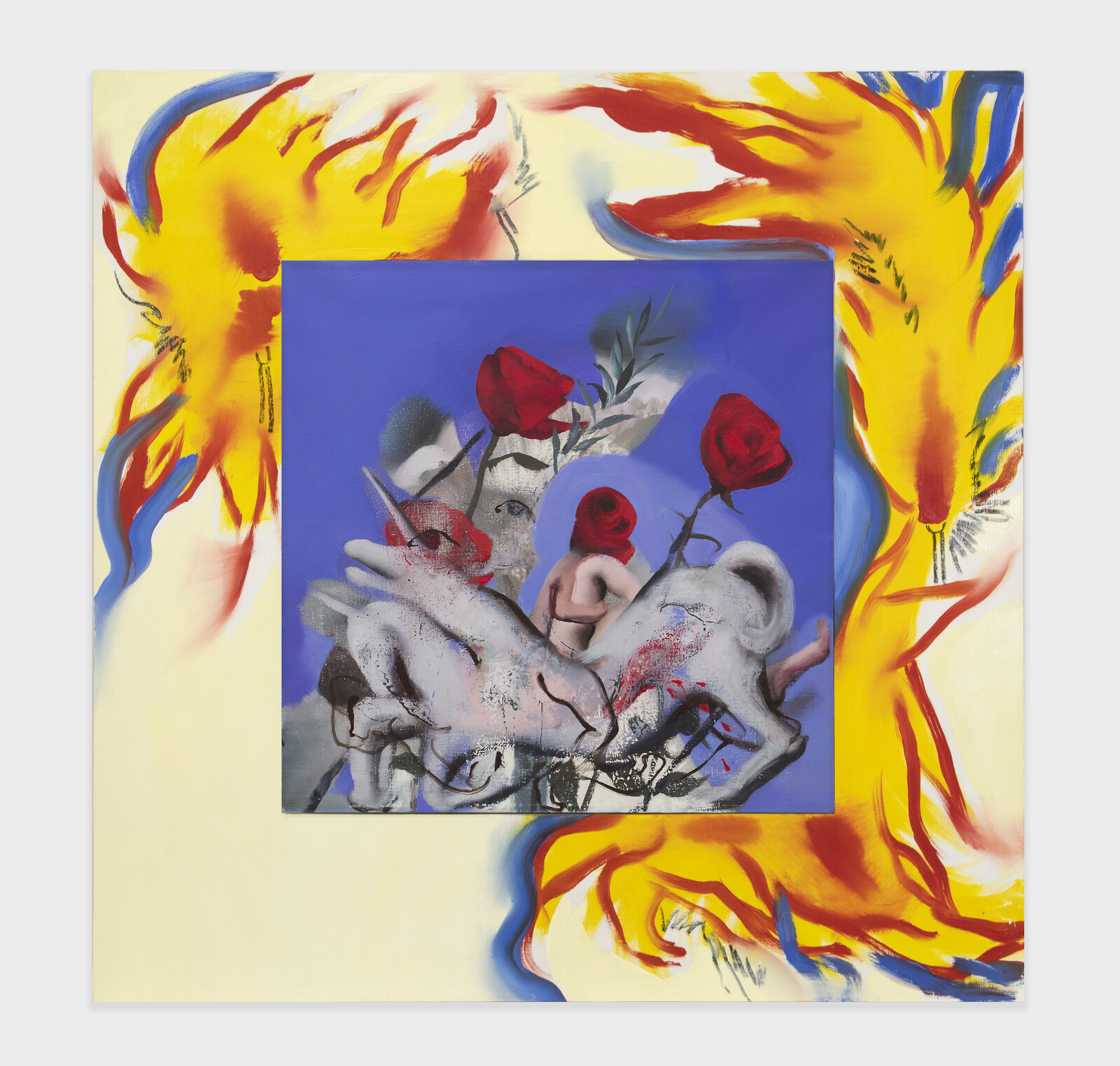
_02.jpg,1600)


